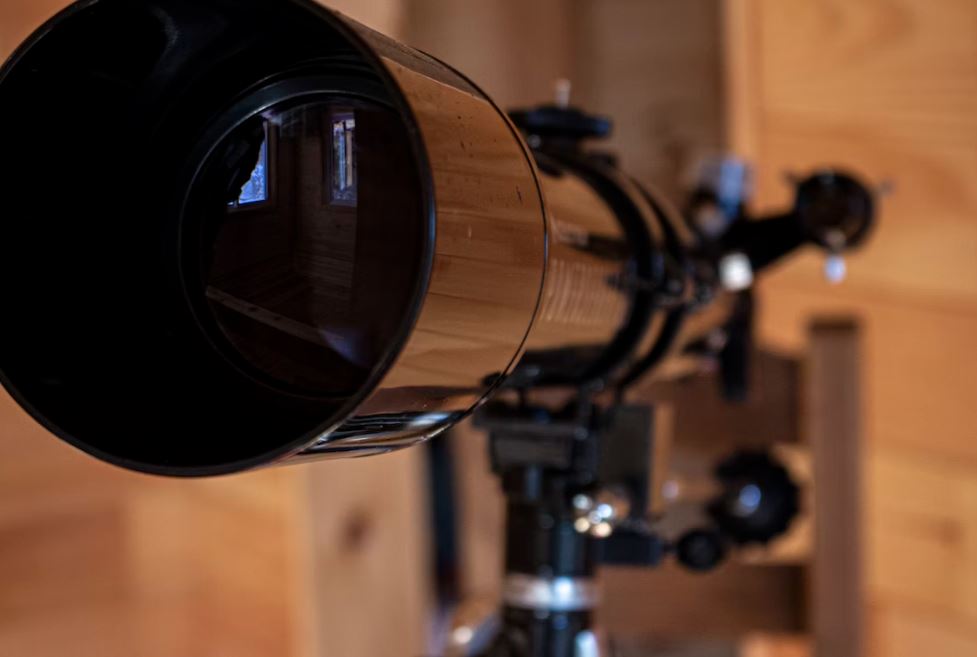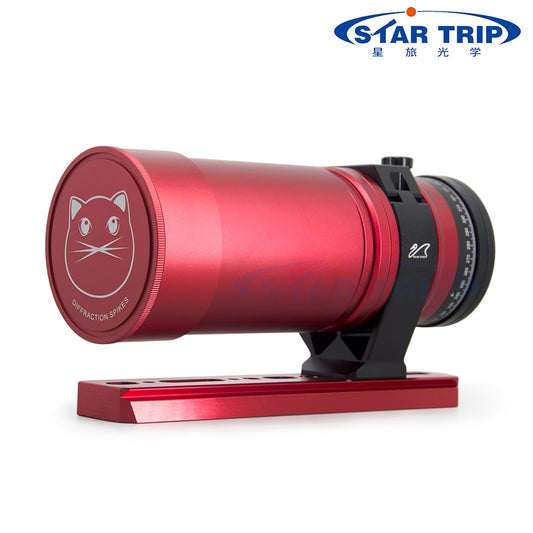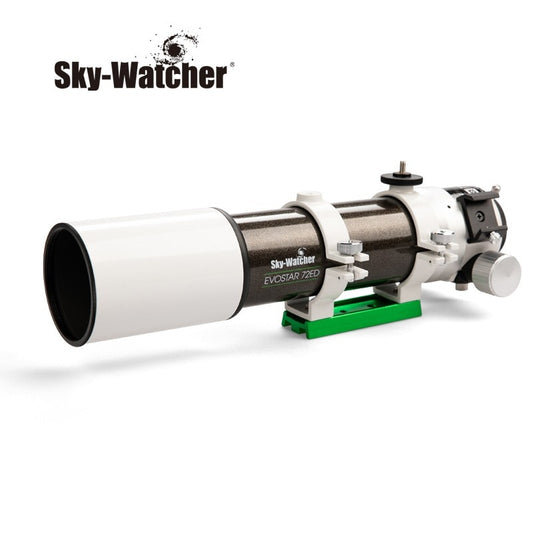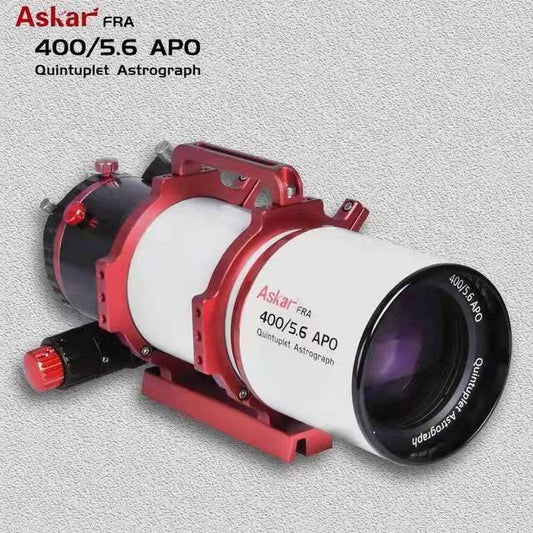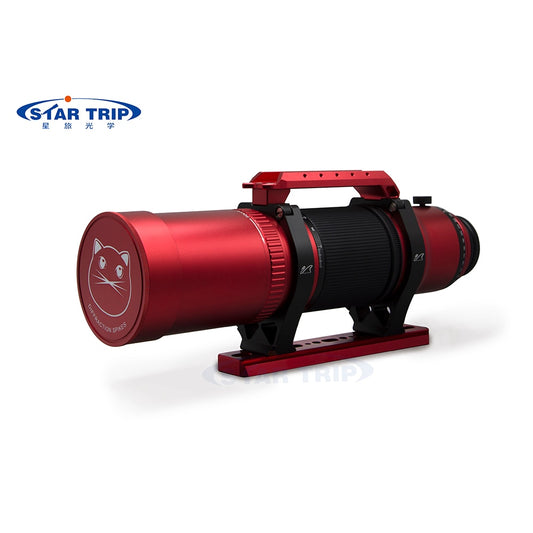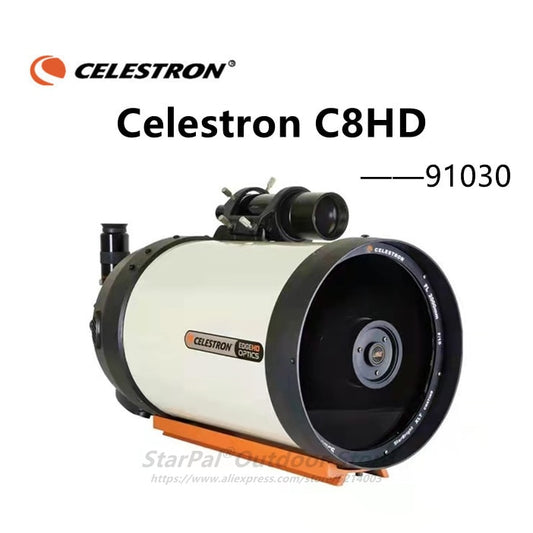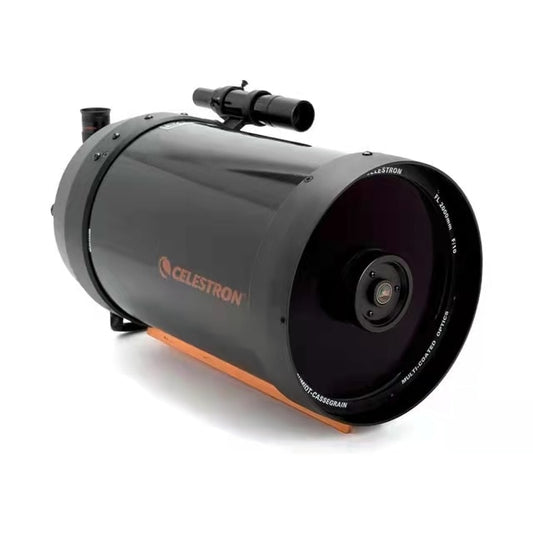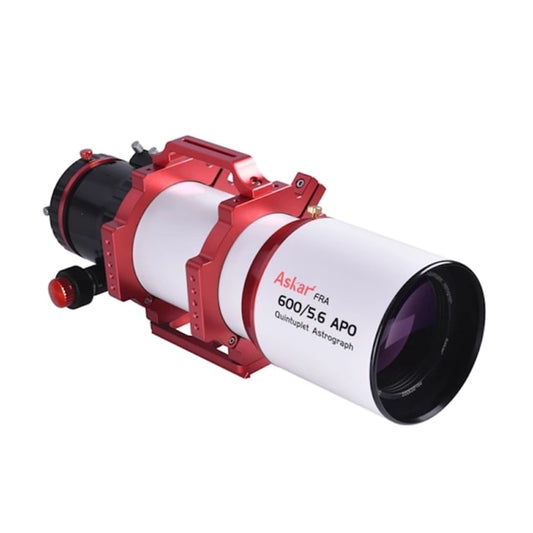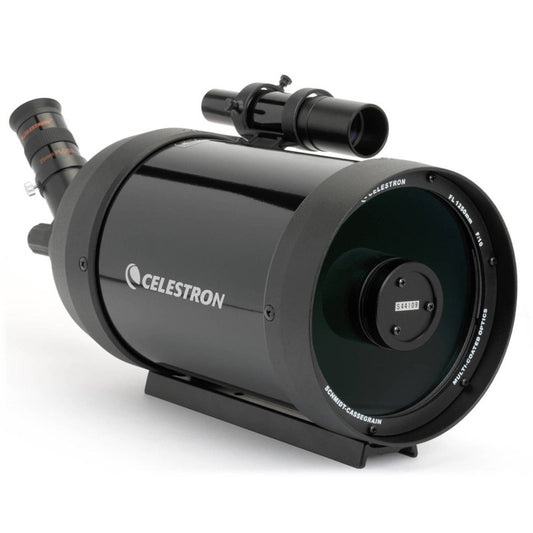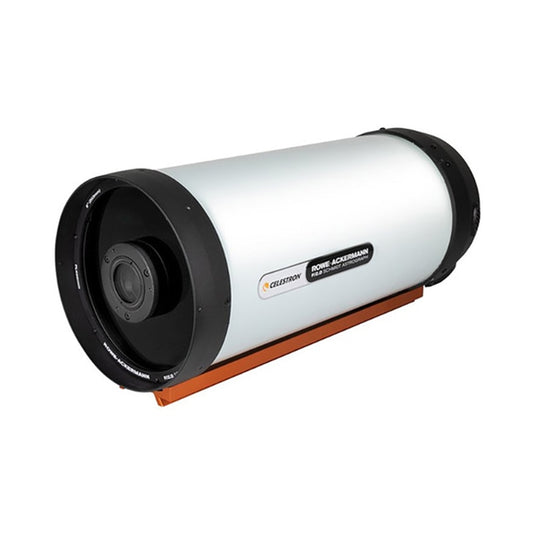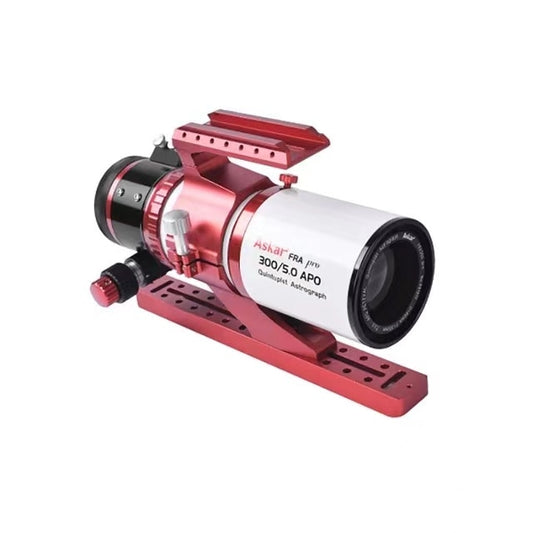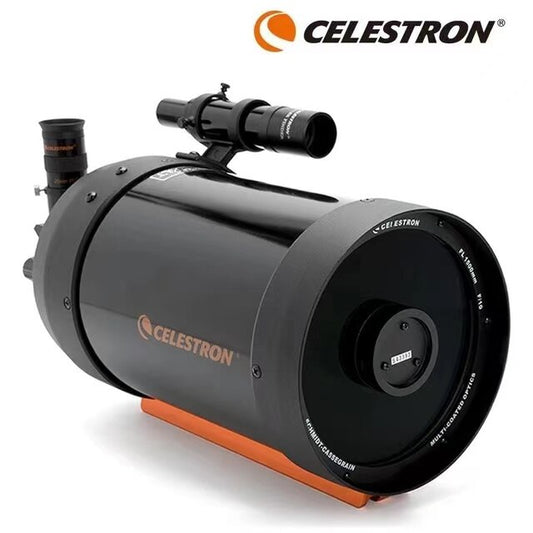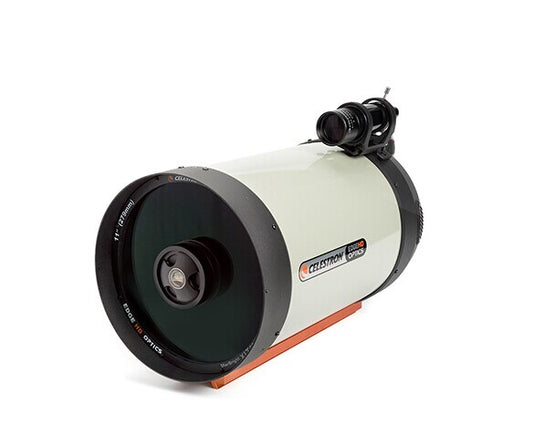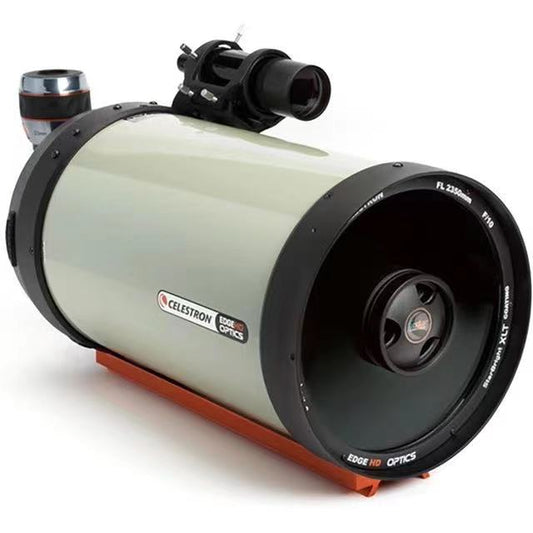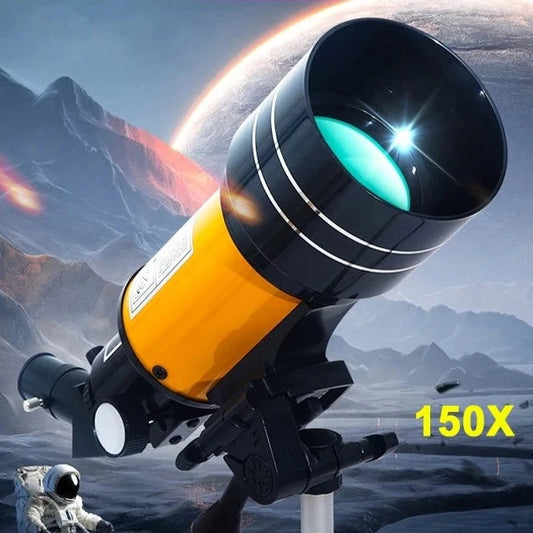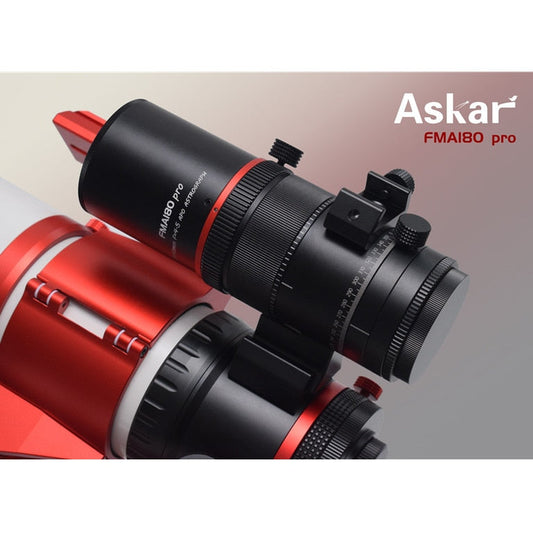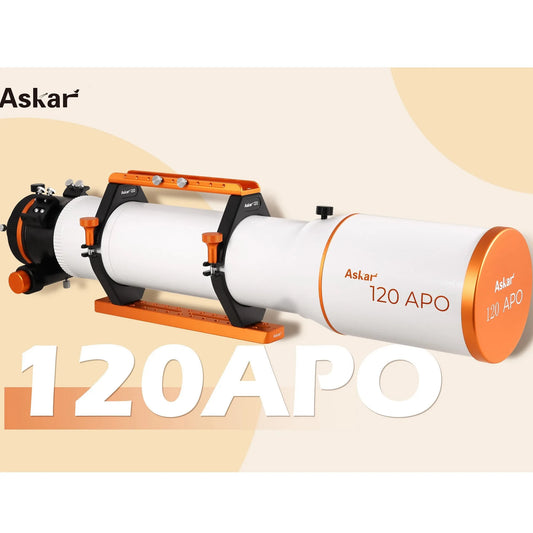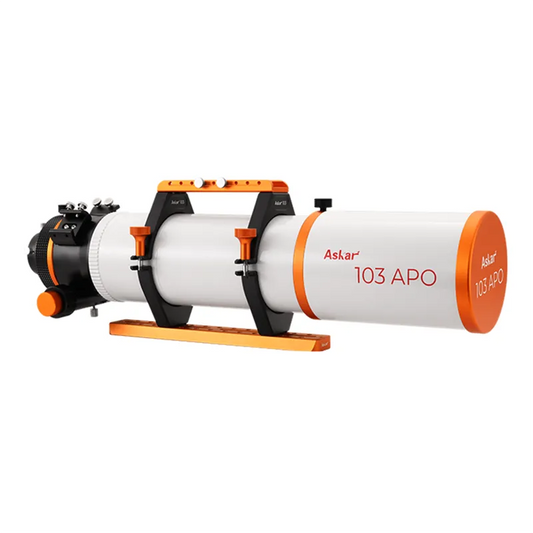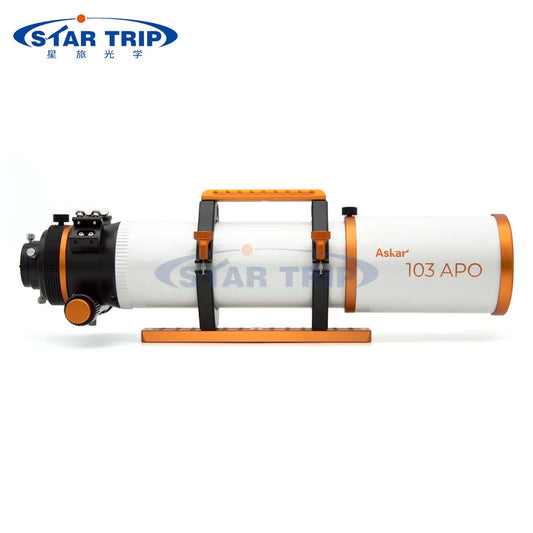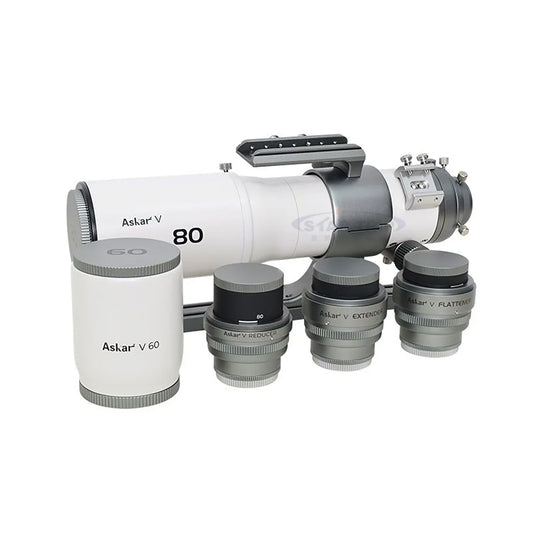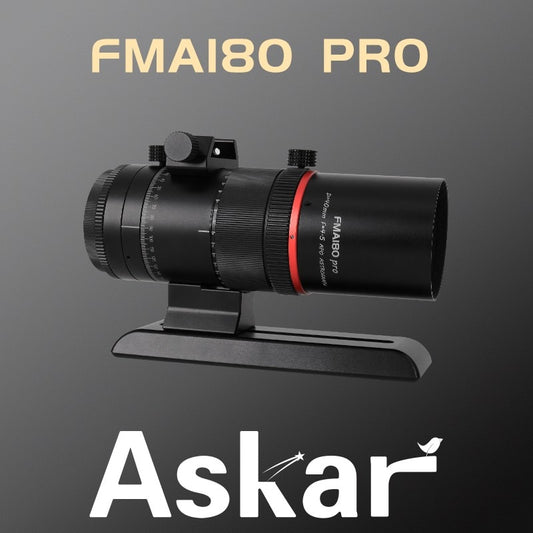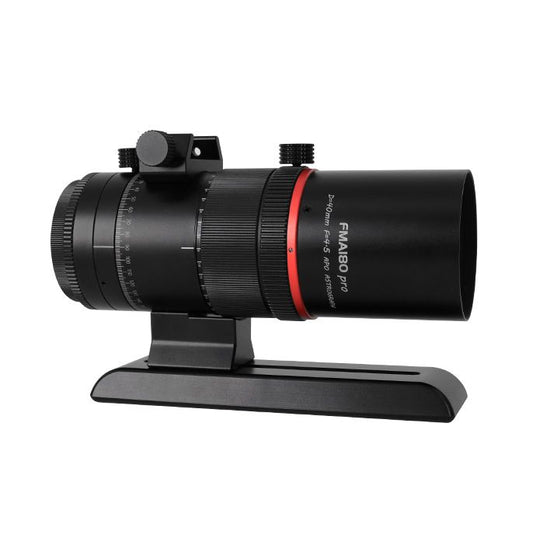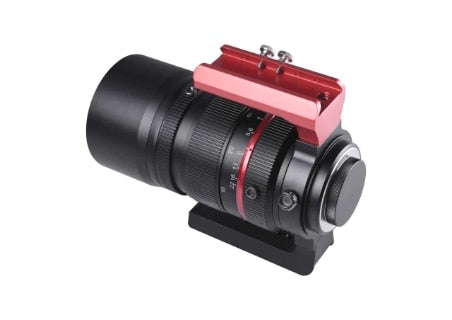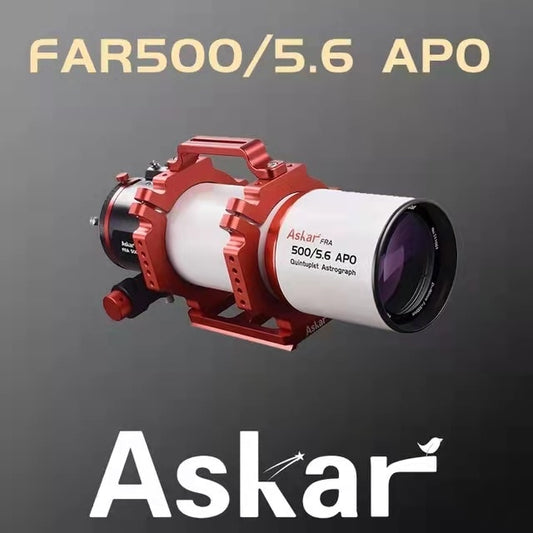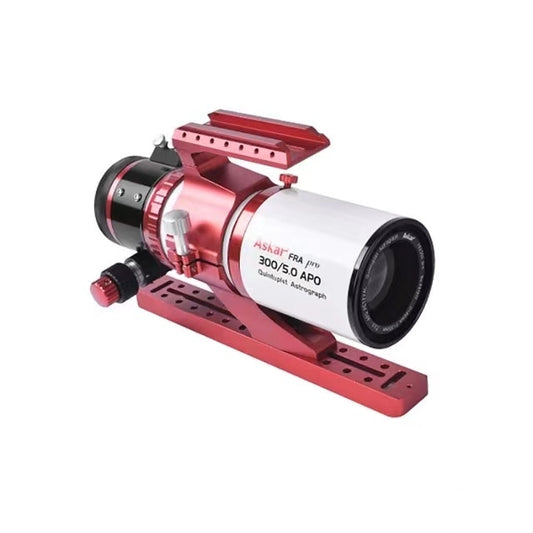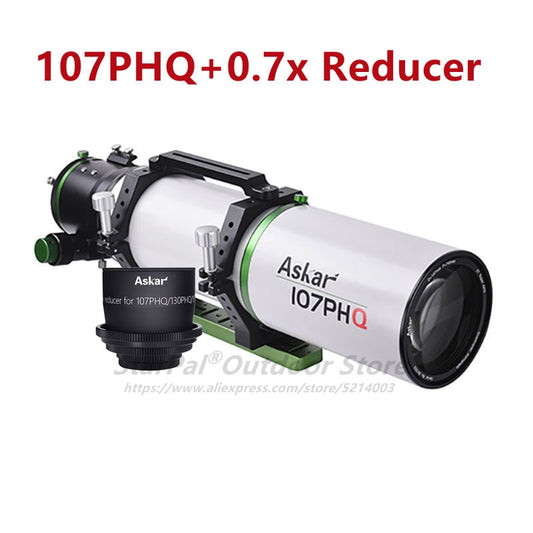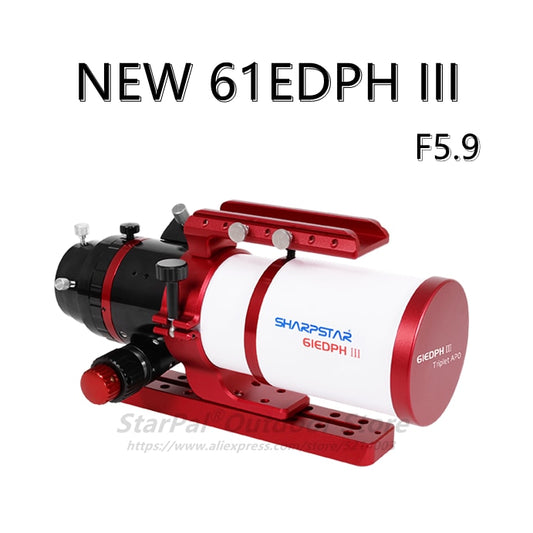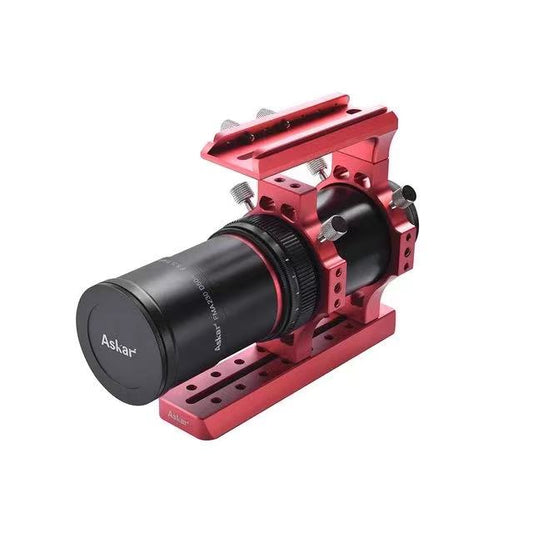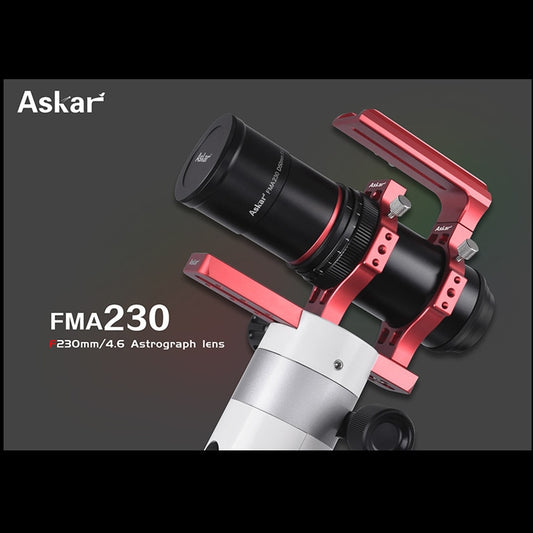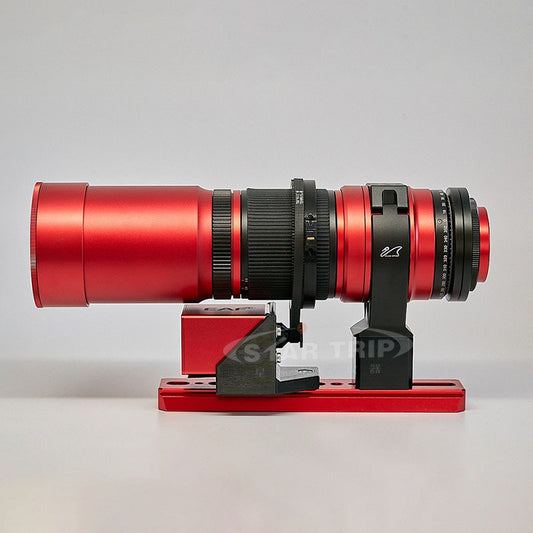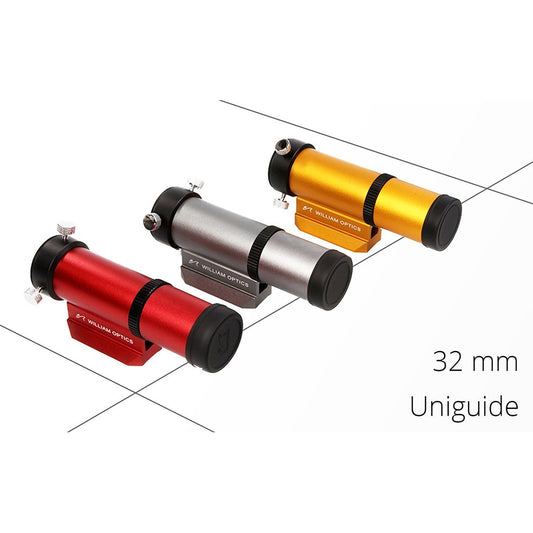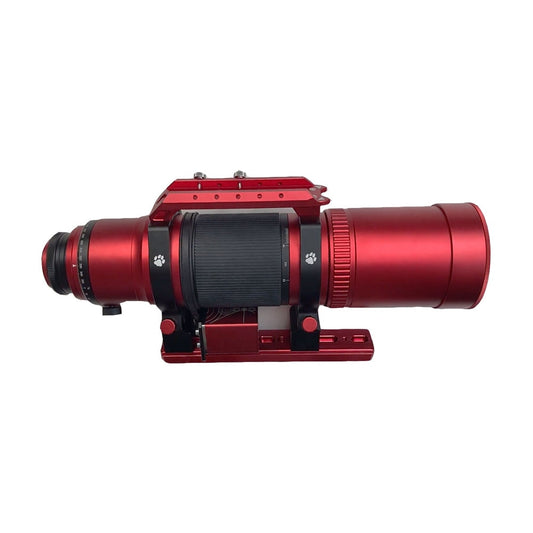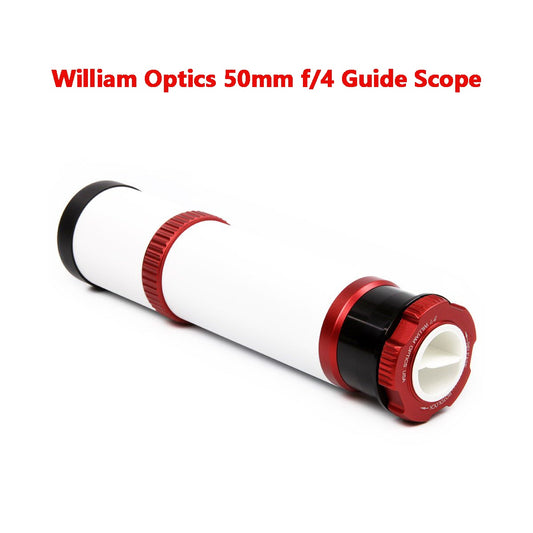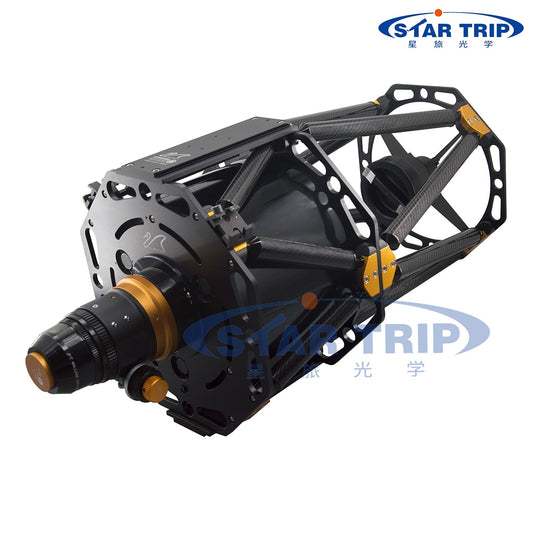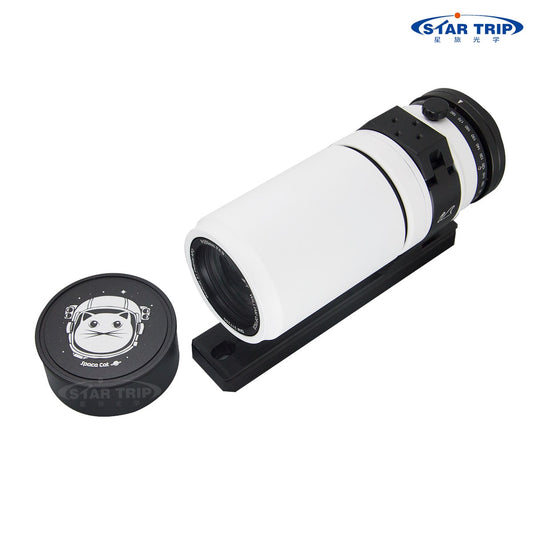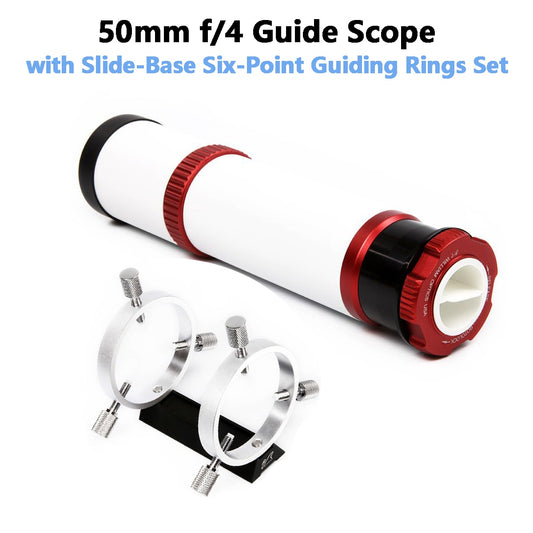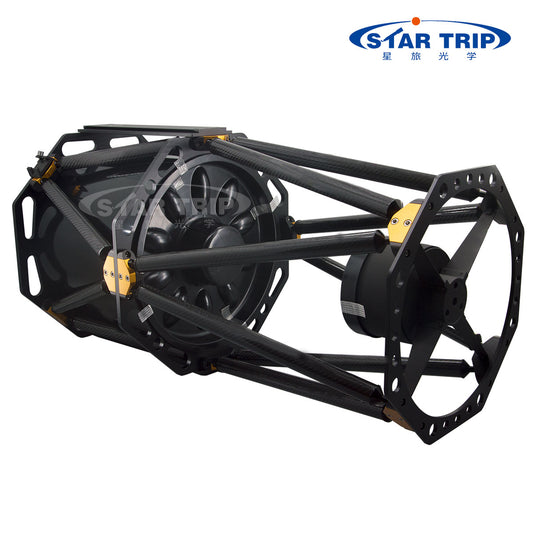Best Refractor Telescopes for Beginners: A Guide to Choosing Your First Telescope
If you're interested in astronomy and stargazing, a refractor telescope is a great tool for exploring the night sky. Refractor telescopes use lenses to gather and focus light, producing bright, sharp images of the stars and planets. For beginners, a refractor telescope is an excellent choice, as they are easy to use and maintain, and provide great views of the night sky. In this blog post, we'll share our top picks for the best refractor telescopes for beginners, and provide tips on how to choose the right telescope for your needs.
Celestron PowerSeeker 70EQ
The Celestron PowerSeeker 70EQ is a great entry-level refractor telescope that provides excellent value for the price. It features a 70mm aperture, which allows for great light-gathering capabilities and provides clear, bright images of the night sky. The telescope comes with an equatorial mount that makes it easy to track celestial objects as they move across the sky, and it also includes a tripod, two eyepieces, a 3x Barlow lens, and a red dot finder scope.
Meade Instruments Infinity 80mm
The Meade Instruments Infinity 80mm is a great refractor telescope for beginners who want a high-quality telescope at an affordable price. It features an 80mm aperture, which provides excellent light-gathering capabilities and produces bright, detailed images of the night sky. The telescope comes with a sturdy altazimuth mount, two eyepieces, and a red dot finder scope. It's also easy to set up and use, making it a great choice for beginners.
Orion Observer 80ST
The Orion Observer 80ST is a compact and portable refractor telescope that is perfect for beginners who want to take their telescope on the go. It features an 80mm aperture, which provides great views of the night sky, and a short focal length that makes it easy to find and focus on celestial objects. The telescope comes with a sturdy equatorial mount, two eyepieces, and a red dot finder scope. It's also easy to set up and use, making it a great choice for beginners.
Sky-Watcher ProED 80mm Doublet
The Sky-Watcher ProED 80mm Doublet is a high-quality refractor telescope that is perfect for beginners who want to take their stargazing to the next level. It features an 80mm aperture, which provides excellent light-gathering capabilities and produces sharp, detailed images of the night sky. The telescope also features a doublet lens system that reduces chromatic aberration and produces crisp, color-accurate images. The telescope comes with a sturdy equatorial mount, two eyepieces, and a red dot finder scope.
Explore Scientific AR102 Refractor
The Explore Scientific AR102 Refractor is a high-end telescope that is perfect for beginners who want to invest in a high-quality telescope that will last for years. It features a 102mm aperture, which provides excellent light-gathering capabilities and produces bright, sharp images of the night sky. The telescope also features a doublet lens system that reduces chromatic aberration and produces clear, color-accurate images. The telescope comes with a sturdy equatorial mount, two eyepieces, and a red dot finder scope.
How to Choose the Right Refractor Telescope for Beginners
When choosing a refractor telescope for beginners, there are several factors to consider, including aperture, focal length, mount, and accessories. Here are some tips on how to choose the right telescope for your needs:
- Aperture: The aperture is the diameter of the telescope's objective lens, and it determines how much light the telescope can gather. Generally, a larger aperture will provide better views of the night sky, as it allows for more light to be gathered and produces brighter, sharper images. However, larger apertures also tend to be more expensive and heavier, so it's important to choose a telescope that is easy to transport and use.
- Focal Length: The focal length of the telescope determines its magnification capabilities. A longer focal length will provide higher magnification, but a shorter focal length will provide a wider field of view. For beginners, it's usually best to choose a telescope with a shorter focal length, as it allows for easier tracking of celestial objects and provides a wider field of view.
- Mount: The mount is the base of the telescope, and it determines how the telescope moves and tracks celestial objects. There are two main types of mounts: equatorial and altazimuth. Equatorial mounts are better for astrophotography and long exposures, as they compensate for the Earth's rotation. Altazimuth mounts are simpler and easier to use, but they don't track celestial objects as accurately as equatorial mounts.
- Accessories: When choosing a refractor telescope, it's important to consider the accessories that come with it. Most telescopes come with a few eyepieces and a finder scope, but some may also include additional accessories such as filters or a tripod. Consider what accessories you will need to get the most out of your telescope, and choose a telescope that includes the necessary accessories or that is compatible with accessories you already own.
Tips for Using a Refractor Telescope for Beginners
Once you have chosen a refractor telescope and set it up, there are some tips and tricks you can use to get the most out of your telescope and make the most of your stargazing experience.
- Start with easy targets: When you first start using your telescope, it's important to start with easy targets such as the Moon or bright planets like Jupiter and Saturn. These objects are easy to find and provide great views through a telescope.
- Learn how to use the finder scope: The finder scope is an essential tool for locating celestial objects. Take some time to learn how to use it properly and practice finding different objects in the night sky.
- Use a low magnification eyepiece: When first starting out, it's best to use a low magnification eyepiece to get a wide field of view and make it easier to find and track celestial objects.
- Be patient: Stargazing can require patience and persistence. It may take some time to find and focus on an object, but with practice, you'll get better at it.
- Keep your expectations realistic: While refractor telescopes can provide amazing views of the night sky, they do have their limitations. Don't expect to see the same level of detail as you would in professional photographs or observatories.
Conclusion
A refractor telescope is a great tool for beginners who want to explore the night sky and learn more about astronomy. By choosing the right telescope for your needs, learning how to use it properly, and practicing patience and persistence, you can discover the wonders of the universe and capture stunning images of the stars and planets.
Whether you're a beginner or an experienced stargazer, take some time to explore the different refractor telescopes available and choose the one that's right for you. With the right equipment and a little bit of practice, you can capture stunning views of the night sky and discover the beauty and mystery of the universe.

